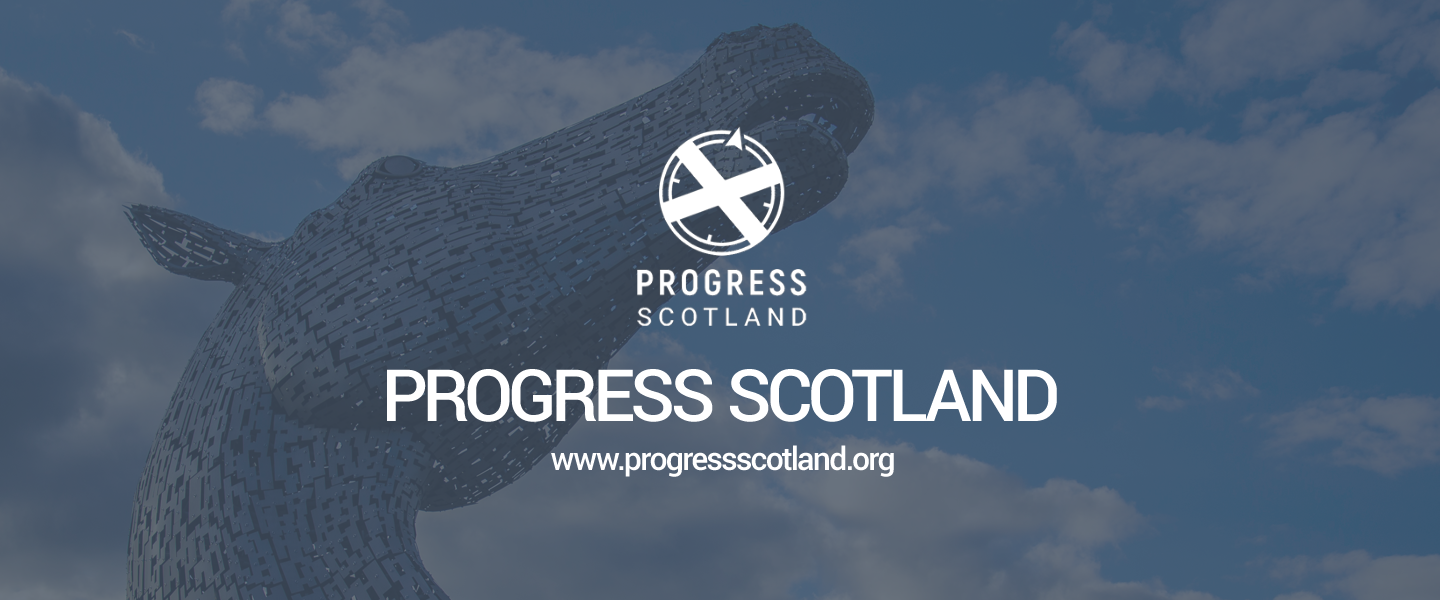
13 - 10 - 2019 / Polling
MAJOR IMPACT OF BREXIT ON OPINIONS ABOUT SCOTTISH INDEPENDENCE
As Brexit continues to dominate public debate across the United Kingdom, it is having a clear impact on attitudes in Scotland about a new independence referendum. In a new large scale poll of 2,032 people aged over 16 in Scotland by Survation for Progress Scotland 55% of respondents believe that another independence referendum is likely in the next two years, while only 35% believe it is unlikely.
NEW POLL FOR PROGRESS SCOTLAND OUTLINES DETAILS
Question: Thinking about the future, how likely or unlikely do you think the following event is to occur? There will be another referendum on Scottish independence in the next two years?
- Likely: 55%
- Unlikely: 35%
- Don’t Know 10%
Progress Scotland is the research organisation set up by the former deputy leader of the SNP Angus Robertson and is focussed on what issues are changing people’s minds about Scottish independence.
A series of questions answered by respondents who are undecided or open-minded about Scottish independence indicated the impact that Brexit is having on public opinion amongst key swing voters:
Brexit makes Scottish independence more likely:
- Agree: 61%
- Disagree: 13%
- Neither: 21%
- Don’t know: 4%
If the UK leaves the EU without a deal, I would be more likely to vote for independence in a future referendum:
- Agree: 59%
- Disagree: 15%
- Neither: 21%
- Don’t Know: 5%
If the UK government does not secure a deal with European Union before the deadline of October 31st, the UK should leave the European Union without a deal:
- Agree: 24%
- Disagree: 55%
- Neither: 16%
- Don’t Know: 5%
Brexit has changed my view on Scottish independence:
- Agree: 53%
- Disagree: 16%
- Neither: 29%
- Dont know: 3%
An independent Scotland should be a full member of the European Union:
- Agree: 62%
- Disagree: 23%
- Neither: 16%
- Don’t Know: 5%
To what extent do you agree or disagree with the following statements?
Leaving the EU will be good for the Scottish economy in the long-term:
- Agree: 21%
- Disagree: 48%
- Neither: 21%
- Don’t Know: 9%
Speaking about the poll results Angus Robertson the Managing Director of Progress Scotland said:
“These poll results show that Brexit is having a major impact on general public opinion on the timing of a second independence referendum, and particularly on swing voters who are open-minded or undecided on Scottish independence.
“Swing voters on Scottish independence are strongly opposed to a no-deal Brexit and 59% say that if the UK leaves the EU without a deal, they would be more likely to vote for independence in a future referendum.
“A clear majority believe that Brexit makes Scottish independence more likely and that their views have changed about Scottish independence.
“Clearly Brexit is having a major impact on public opinion in Scotland and we will continue to research this and the other factors which are driving changes on voting intentions ahead of an independence referendum.
“I am hugely grateful for the support of subscribers who help fund this research. Further poll details will be available on the Progress Scotland website, where it is also possible to support further research by becoming a subscriber”.
Independent polling advisor to Progress Scotland Mark Diffley said: “One of the clearest findings from Progress Scotland’s latest poll is that the ongoing Brexit uncertainty is having a significant impact on the views of Scots towards independence.
“When another independence referendum takes place, the cohort of open-minded voters are the key constituency for both sides to try and win over. This survey makes clear that Brexit is causing this vital cohort uncertainty and cause to think again on the independence question.
BACKGROUND:
Poll Prepared by Survation for Progress Scotland:
Fieldwork Dates: 30th September - 9th October 2019
Data Collection Method:
The survey was conducted via online panel. Invitations to complete surveys were sent out to members of the panel. Differential response rates from different demographic groups were taken into account.
Population Sampled: People aged 16+ living in Scotland
Sample Size: 2,032

